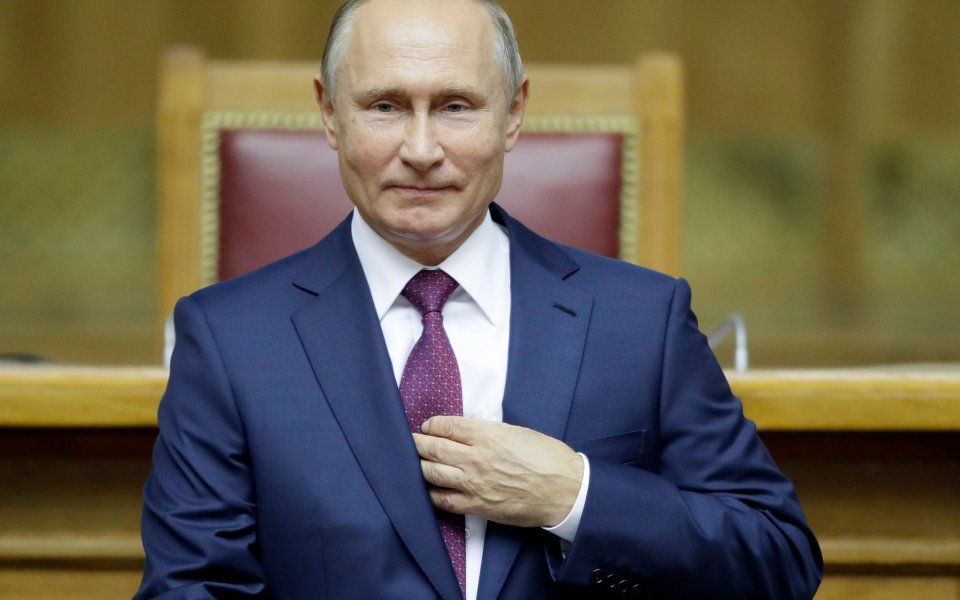UK to create new cyber force to combat Russia hacking threat

British spy agency GCHQ and the Ministry of Defence (MoD) are reportedly developing a new force to wage war in cyber space.
A 2,000-strong cyber squad will be established to increase Britain's ability to combat the growing online threat posed by Russia and to continue cyber attacks on Isis propaganda, according to Sky News.
The new force will be made up of GCHQ officials, military personnel and contractors. They will receive £250m in funding, a source told Sky, and the move will resemble a four-fold increase in personnel available for offensive cyber operations, the publication said.
Read more: Russian threat will be countered by Britain and its allies, spy chief says
Sir Richard Barrons, a former commander of Joint Forces Command, which is responsible for cyber military actions, said that the UK needed to improve its attacking capabilities during a period of aggression from countries such as Russia.
"By adopting offensive cyber techniques in the UK we are levelling the playing field and providing new means of both deterring and punishing states that wish to do us harm," he told Sky.

GCHQ and the MoD worked together to remove Isis propaganda from the internet (Source: Getty)
Both GCHQ and the MoD have also operated in close co-ordination with the United States, Australia and other members of the “Five Eyes” intelligence community as part of an ongoing cyber mission against Isis.
The news comes after Russia was blamed for hacking the US election, while the Department of Justice is charging a North Korean hacker for his alleged role in launching the WannaCry ransomware that devastated businesses and hospitals last year.
In recent years the UK has played a role in attacking the Isis propaganda machine in an operation known as Glowing Symphony, removing Isis recruiting tools from the internet and targeted its finances with malware.
GCHQ has also worked with special forces to deploy cyber attacks from laptops and handheld devices against Isis commanders in Iraq and Syria to compromise their ability to communicate electronically.
"These operations have made a significant contribution to coalition efforts to suppress Daesh [Isis] propaganda, hindered their ability to co-ordinate attacks, and protected coalition forces on the battlefield," Jeremy Fleming, the director of GCHQ, said earlier this year.
Read more: Russia may allow UK to interview Novichok suspects
No agreement has yet been made over where the new force will be based or who will be put in charge of operations, according to the report.
One idea apparently being mooted is that the military and GCHQ to share control.
The UK's cyber operations are currently run in GCHQ's headquarters in Cheltenham and military's permanent joint headquarters in Northwood.